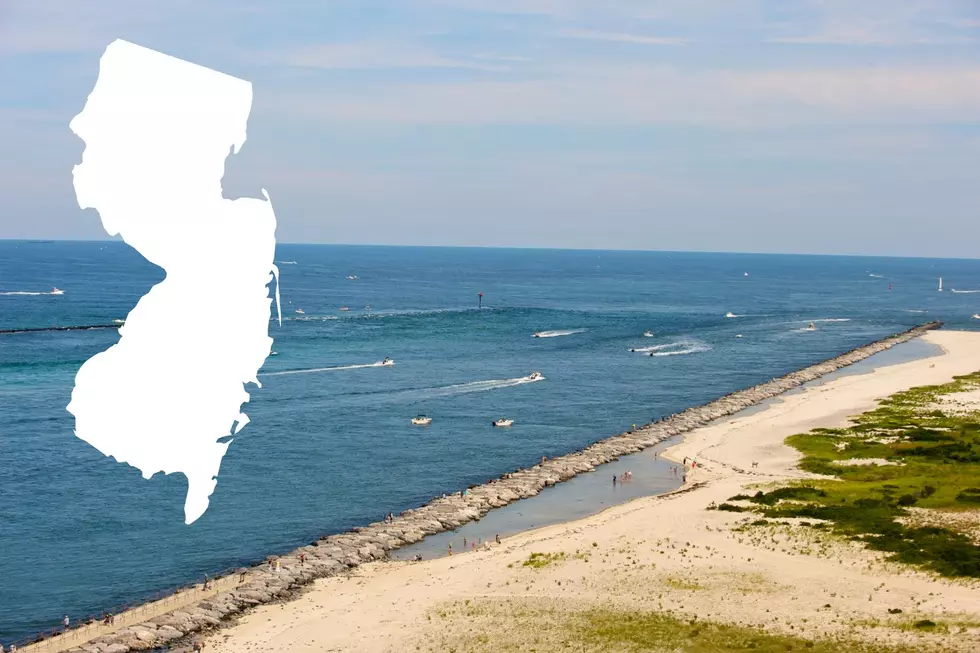
Don’s Top 10 For December 2, 1970
Back...back...back into time! "The Time Machine" flies to Wednesday, December 2, 1970, with the local survey. Let's go-go-go!
- 10
%22Gypsy Woman%22 by Brian Hyland
(#17 last week) Remake of a 1961 hit from the Impressions by an artist, Hyland, who hasn't had a hit since "The Joker Went Wild" in 1966, & peaked in the early 60s with "Itsy Bitsy Teenie Weenie Yellow Polka Dot Bikini" & "Sealed With A Kiss". This brief comeback was produced by another famous 60s hitmaker, Del Shannon.
- 9
%22Indiana Wants Me%22 by R. Dean Taylor
(#6 last week) A one-hit wonder as a singer, Taylor had much success as a songwriter for Motown, co-penning soul classics like "Love Child", "All I Need", "I'll Turn To Stone" & "I'm Livin' In Shame" as a member of "The Clan". Originally released with the sirens sound effects, a version with them was issued to radio after complaints that the sound of sirens on the radio was like yelling "fire" in a crowded theater.
- 8
%22Fire & Rain%22 by James Taylor
(#4 last week) An influential classic, with his pal Carole King playing the piano, "Fire & Rain" evoked dramatic images. JT has explained the meaning of the song different ways. In a BBC interview he said the song chronicled his experiences in mental institutions, such as his stay in McLean Hospital in Massachusetts as a senior in high school, & the suicide of a friend. The fire in the song refers to his shock therapy. Rain is the cold showers that follow shock therapy. On the VH1 show "Story Tellers", Taylor said the song was actually about several incidents during his early recording career. The second line of the song, "Suzanne the plans they made put an end to you," refers to Suzanne Schnerr, a childhood friend of his who committed suicide while he was away recording his first album. In that same account, Taylor said he had been in a deep depression after the failure of his new band The Flying Machine to keep it together & be successful (the lyric "sweet dreams and Flying Machines in pieces on the ground"; the reference is to the name of the band rather than a fatal plane crash, as was long rumored).As he was wondering what to do with himself, Schnerr's death drove him to see beyond his own worries and realize the transience of life and his need to get back to his old friends. In other interviews, Taylor said a battle with drug addiction figured into the song. Who knows, maybe he wants us to think different things. Songwriters are notoriously private as to explanations. You be the judge.
- 7
%22My Sweet Lord%22 by George Harrison
(#7 last week) As heartfelt a religious song as has ever been written, this was George's first & biggest solo hit. He first gave it to his pal Billy Preston to record. Even though he was accused in court of stealing the melody from the Chiffons' 1963 #1 hit "He's So Fine", George's actual inspiration was the 1969 million-seller from the Edwin Hawkins Group, "Oh Happy Day".
- 6
%225-10-15-20 (25-30 Years Of Love)%22 by The Presidents
(#9 last week) Aah, soul at it's sweetest. This one-hit wonder came from Washington D.C. & were produced by Van McCoy ("The Hustle").
- 5
%22Montego Bay%22 by Bobby Bloom
(#8 last week) Another one-hit wonder. The song was co-written and produced by Jeff Barry (he's written & produced too many hits to mention). In the master tape of the song, Bloom breaks into a verse of "Oh, What a Beautiful Mornin'" at the end of the recording, but the single version fades out before that. Apparently, that was done to avoid paying royalties for use of the Rodgers & Hammerstein song (although the full version does appear on the Bobby Bloom album and has received frequent airplay). By the way, like R. Dean Taylor, Bloom wrote hits for others, including a co-writing credit on "Mony Mony" & the first hit for the Staple Singers, "Heavy Makes You Happy". He had a sad last act. Bloom suffered from depression towards the end of his life. He died in 1974, only 28. He apparently shot himself while cleaning his gun. Jeff Barry was surprised to find out afterwards that he was the sole beneficiary of Bloom's life insurance policy.
- 4
%22I'll Be There%22 by The Jackson 5
(#3 last week) Motown's biggest selling single during their Detroit years (1959-1972), it was the J5's 4th straight #1 single nationally. Michael's ad-libbed "just look over your shoulders, honey" is an allusion to "Reach Out I'll Be There", a 1966 #1 hit single recorded by the Four Tops. He was instructed by Berry Gordy to say "just look over your shoulder" (exactly as Levi Stubbs had said it in "Reach Out I'll Be There"), but the slightly flubbed line was allowed to remain in the final mix.
- 3
%22We've Only Just Begun%22 by Carpenters
(#2 last week) First written as a TV commercial them for California-based Crocker National Bank, this Paul Williams-penned song was first record by Claudine Longet (the then-Mrs. Andy Williams) in 1969. Major help from the "Wrecking Crew" group of backup musicians here, including the great Hal Blaine on drums & Joe Osborne on bass.
- 2
%22The Tears Of A Clown%22 by Smokey Robinson & The Miracles
(#5 last week) A 70s hit recorded in the 60s. The music was co-written by Stevie Wonder, who brought it Smokey. It was released as a track on a 1967 album but not released as a single. Smokey, who had just announced his intention to go solo in 1970, was surprised when British radio unearthed then 3-year old track & made it a #1 hit, soon replicated in the U.S. The success of the song forced Robinson to delay leaving the group until 1972.
- 1
%22I Think I Love You%22 by The Partridge Family
(#1 last week) Another "Wrecking Crew" classic. Yes, David Cassidy & Shirley Jones sing on it, but the song was played & backup-sung by Hal Blaine, Larry Knechtel, Joe Osborne, Louie Shelton, Tommy Tedesco, & others. If it had had it's chart run entered in 1970, it would have been the biggest selling single of the year, but it split right down the middle between 1970 & 1971.
More From New Jersey 101.5 FM









